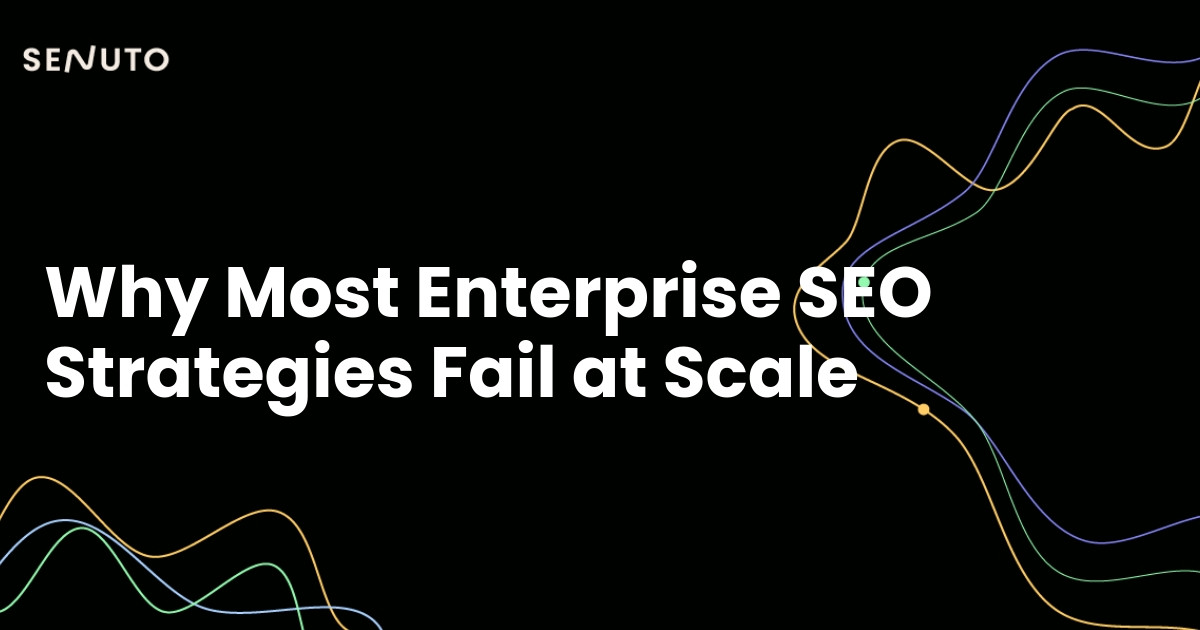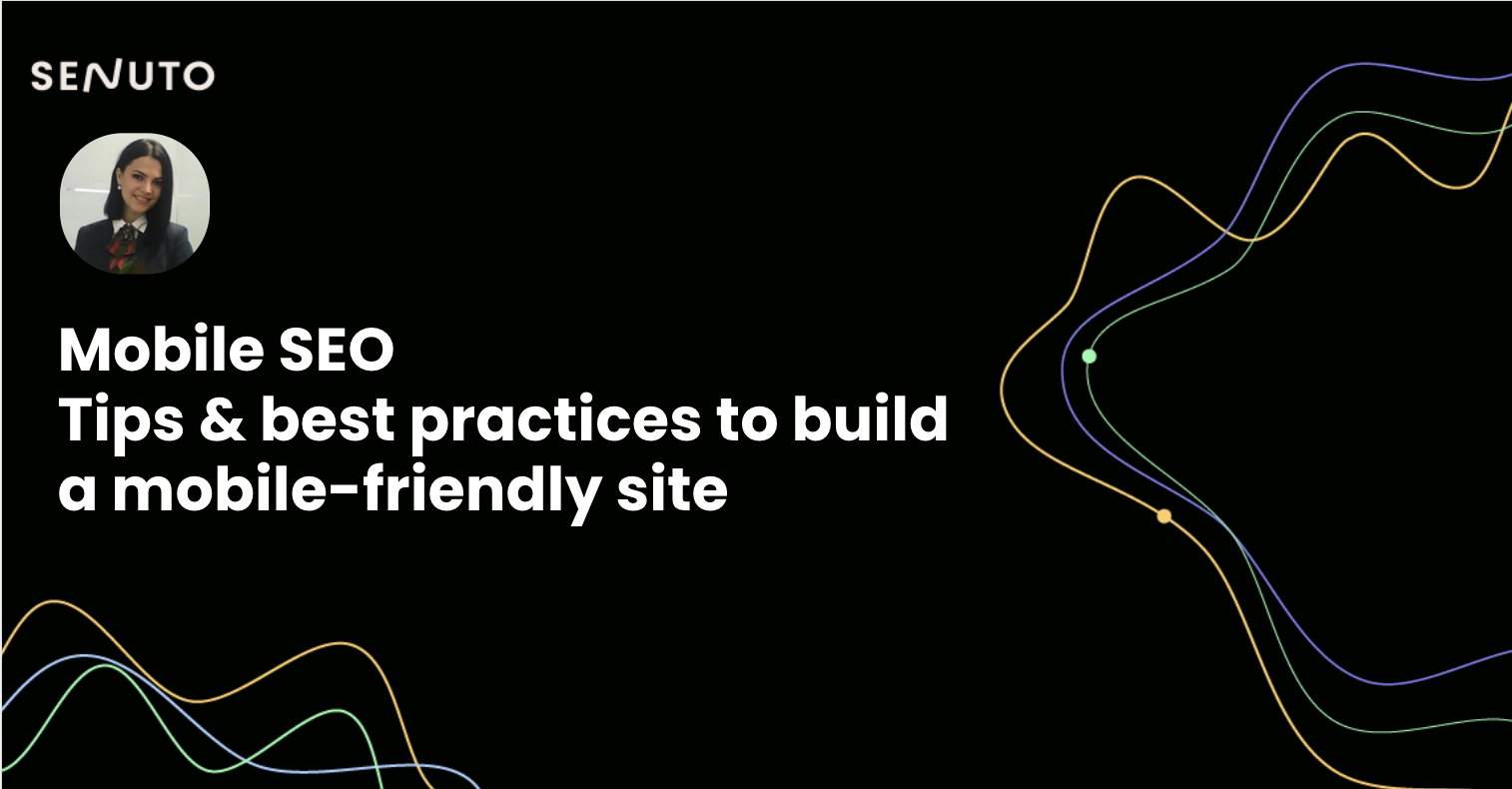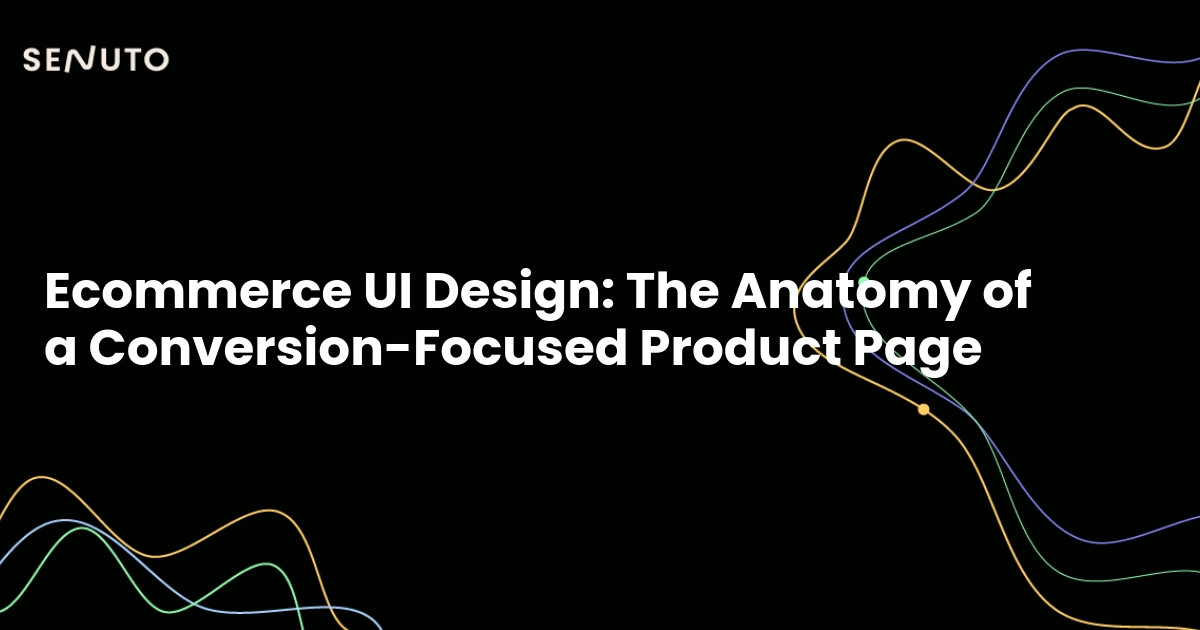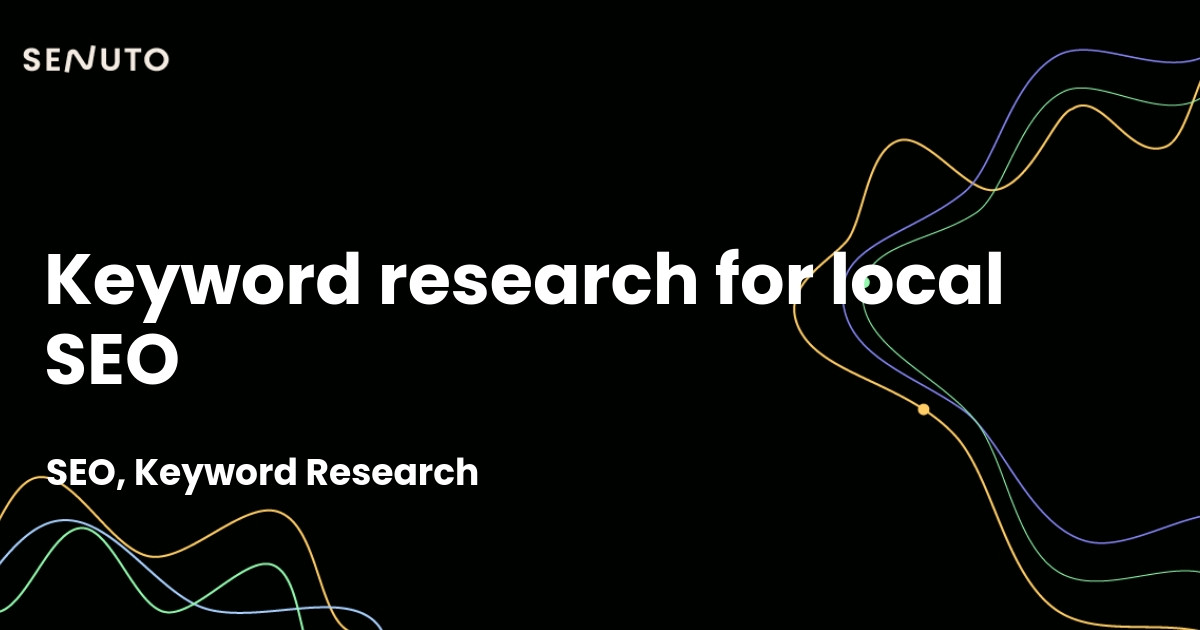By diving into our SEO category, you will gain access to:
- In-depth Keyword Research: Discover strategies and tools for effective keyword research that can help you identify both high-volume keywords and niche-specific long-tail phrases, ensuring your content resonates with your target audience and search engines alike.
- Long-Tail Keyword Optimization: Learn the importance of long-tail keywords in driving targeted traffic and achieving higher conversion rates, along with techniques for identifying and integrating these keywords into your SEO strategy.
- Latest SEO Trends: Stay ahead of the curve with insights into the latest SEO trends and predictions from international experts, ensuring your SEO strategy remains effective in the ever-evolving digital landscape.
- Content Success Measurement: Explore underrated methods to audit and measure the success of your content, enabling you to refine your strategy and maximize the impact of your SEO efforts.
- Technical SEO Insights: Gain knowledge on the technical aspects of SEO, including the significance of anchor texts, the impact of algorithm updates like BERT, and other critical factors that influence your website's search engine performance.
Our SEO category is more than just a collection of articles; it's a resource for continuous learning and improvement in the field of Search Engine Optimization. Whether you're new to SEO or looking to enhance your existing knowledge, this category offers valuable insights and practical tips to help you achieve your digital marketing goals. From foundational SEO principles to advanced tactics and tools, our content is designed to guide you through the complexities of optimizing your online presence for search engines and users alike.
Embark on your journey to SEO mastery by exploring our SEO category today, and unlock the full potential of your digital marketing efforts.

 Iza Sykut
Iza Sykut 
 Lee Li
Lee Li 

 Kate Parish
Kate Parish 
 Torrey Tayenaka
Torrey Tayenaka 
 Ksawery Cepeniuk
Ksawery Cepeniuk 
 John Hurley
John Hurley 
 Adam Skrzypek
Adam Skrzypek 
 Adrian Iganski
Adrian Iganski 